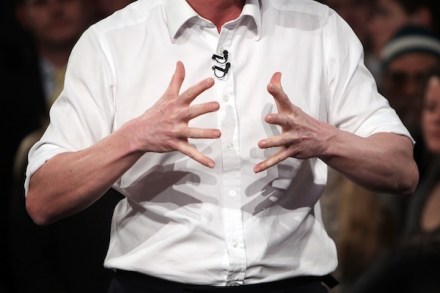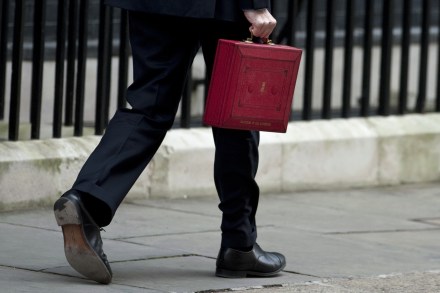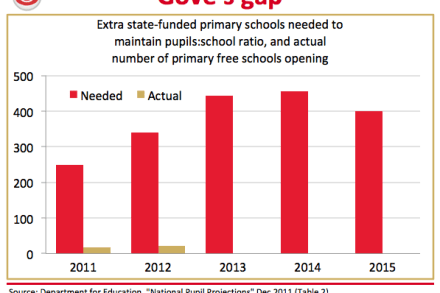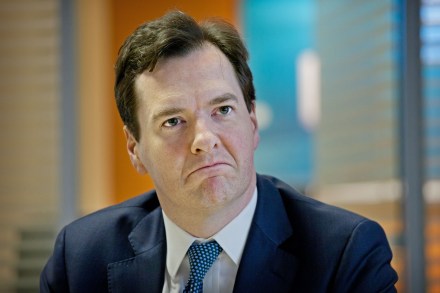The post-GDP sleeve-rolling begins
David Cameron is using the Olympics today to strike a more upbeat tone after yesterday’s GDP gloom. The Prime Minister is speaking at 10am at a global investment conference to pitch for business from 180 chief executives from around the world. Cameron will tell the conference that he is ‘determined that Britain will be on of the great success stories’ in rebuilding its economy, and will say: ‘There will be no more passionate supporter of Team GB than me. But I’ve got a job to do this summer. And a big part of that job is to get behind British business… and do everything I can to help secure the

















